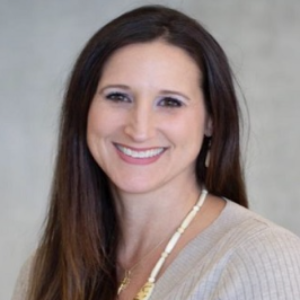Title : Impact of COVID-19 on treatment seeking and relapse prevention for females in substance use disorder treatment in a female only provider in Southern Arizona
Abstract:
Objectives: This pilot study was conducted in response to the COVID-19 pandemic to investigate how the pandemic has impacted stress and substance use disorder recovery management for women in outpatient treatment. In March 2020, COVID-19 interrupted everyday life and adapting has proven to be challenging for many. Preliminary evidence suggests that the pandemic has caused an increase in substance use, and substance use disorder potentially increases the risk and severity of COVID-19 infection.
Methods: A Corona Virus Impact Scale was used from the NIH Coronavirus ToolKit and adapted by the authors. Adaptations to the existing survey did not change the substance of the primary survey questions. The authors added questions to capture the direction of impact (no change, mild, moderate, severe) and an open-ended option to capture qualitative responses. Additionally, using the same format, the authors included questions specific to SUD treatment and relapse prevention. Finally, the authors added questions to capture demographic data and drug use history. The adapted survey was entered into RedCap and all responses were anonymous with no identifying data collected. Fifteen females receiving outpatient treatment in a gender-specific clinic in Southern Arizona filled out the survey during a voluntary gathering at one of the treatment facility’s outpatient locations. Pizza was offered and a short presentation explaining the survey was given.
Results: Results indicate respondents were ambivalent about virtual recovery practices but also indicated access to treatment was not greatly affected. Overall, women felt more stressed and lonely and disconnected due to COVID-19, but reported that they spent more time focusing on themselves because they had access to fewer activities that increased drug-seeking/drug-use, which they attributed to a positive increase in sobriety.
Discussion: Although participants reported negative consequences of the pandemic, the greatest reported positive change was to sobriety, in spite of no significant change in access to treatment and mixed results of virtual modalities. The fewer social activities and decreased access to bars and people possibly served as a disrupter to the cycle of drug-seeking and drug-using behaviors. Perhaps the length of this disruption, coupled with fewer distractions served as an unintended “intervention,” facilitating more self-reflection that led to a voluntary decision to seek treatment. Known disrupters to the cycle of drug-seeking/drug-using behaviors include incarceration and emergency department admissions. For many individuals with SUD, these disrupters are brief, often fewer than 24 hours. Further research to explore the relationship between length of time for disrupted cycle of drug-seeking/drug-using behaviors, coupled with interventions that facilitate self-reflection at these two points of known disruption may inform clinical best practices.




